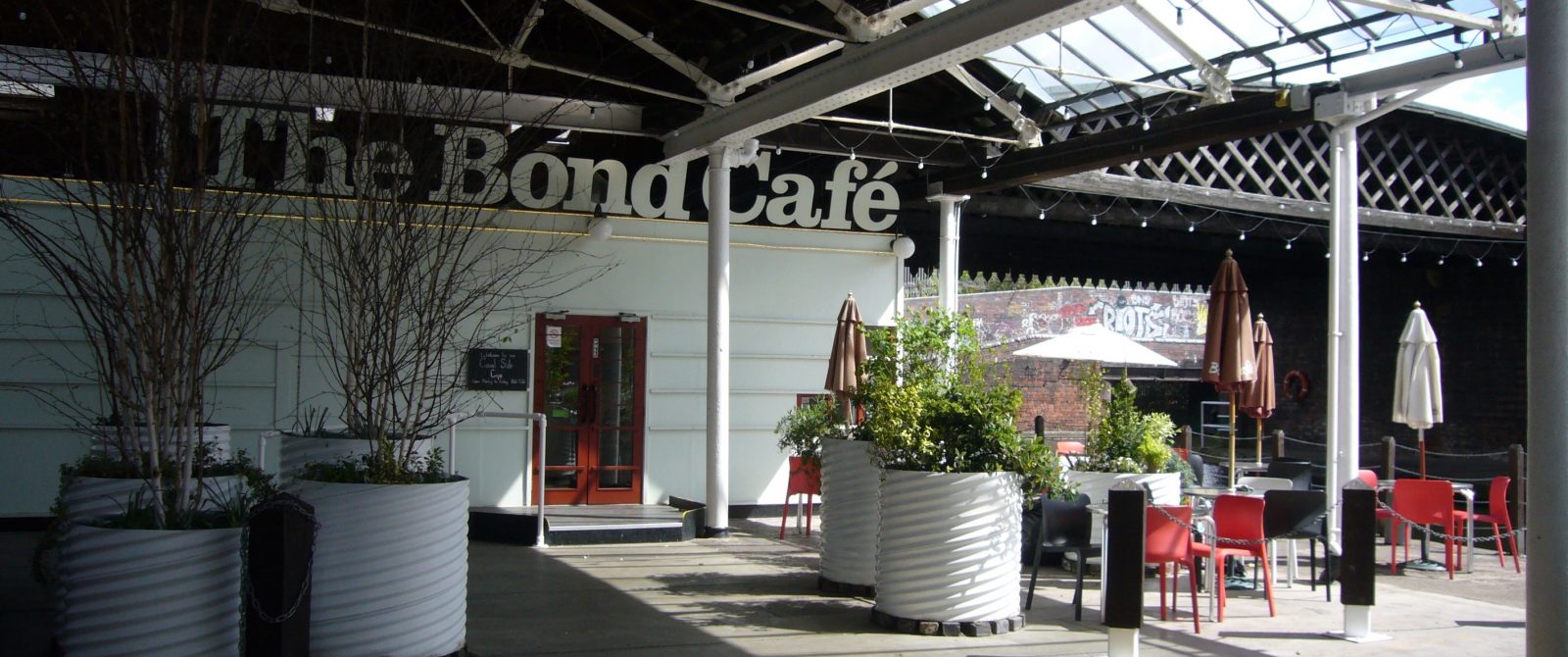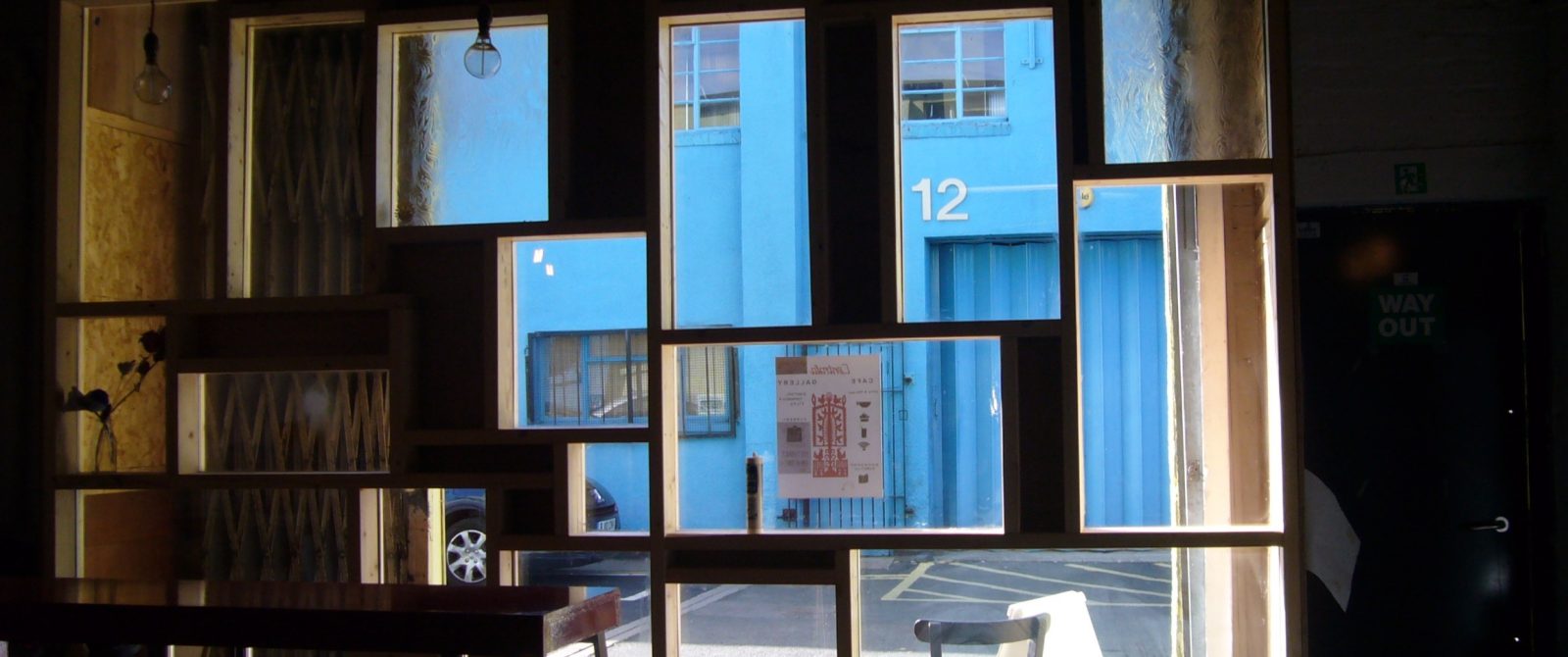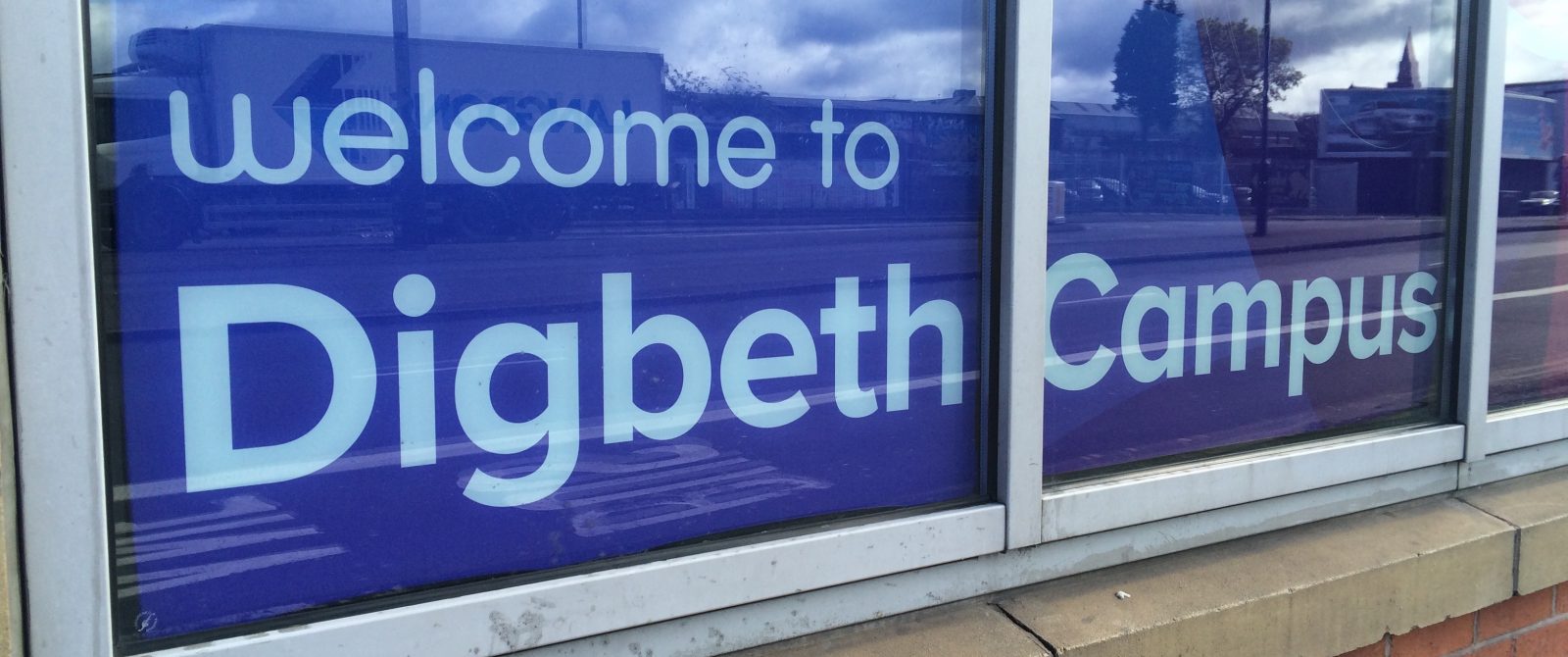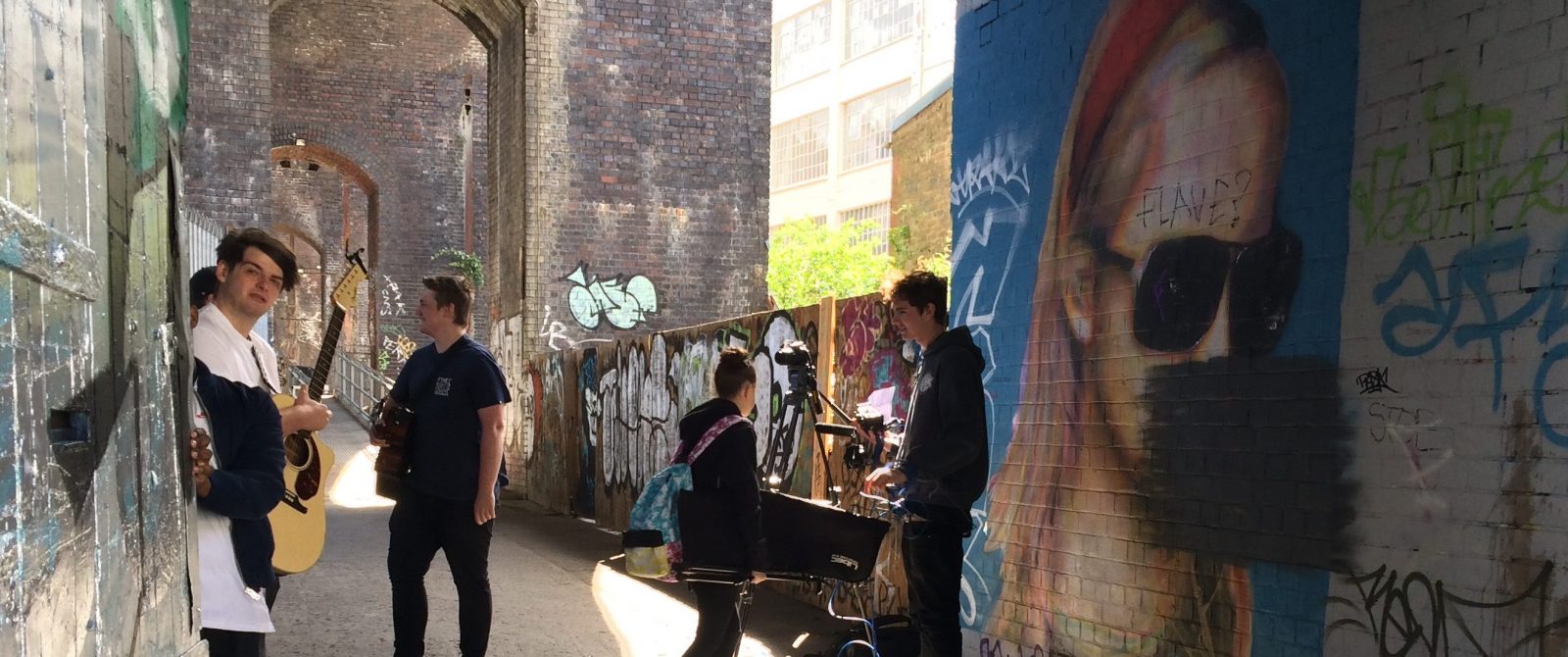Multiplicities analyses the economic and socio-cultural environment in Digbeth (Birmingham) with the aim of establishing a creative location there.
Integrating a site into the surrounding district often presents planners with major challenges, especially when the districts concerned are developing at a rapid rate. Multiplicities is facing up to such a challenge on behalf of Birmingham City University by producing a report that examines the strengths and weaknesses of the Digbeth district’s economic ecosystem, the role of the university in it and how relationships can be improved so that both the district and the university can benefit.
The ecosystem approach gives targeted access to the interdependencies of actors in the district. This allows economic relations to be described in terms of their spatial, political, social and cultural contexts. By means of interviews with local companies, self-employed persons and business associations as well as the analysis of economic data, city planning documents and local narratives, the study draws on comprehensive qualitative and quantitative data. Strengths and weaknesses of the economic ecosystem can be identified, taking into account current developments in the local economy and urban development goals.
In a further step of the analysis, we determined at which points the university can become active. From this, the report can derive recommendations for action that can considerably strengthen the economic ecosystem between the university and the city district with little effort. This includes simple instruments such as the development of the local creative scene through student events or the establishment of the university as a hub between local start-ups and the global knowledge network through strategic cooperation. Providing the infrastructure for a local FabLab is also one of the university’s proposals for contributing to the development of local innovation.
With its expertise, the university is in a solid position to act as an economic and innovative catalyst in the district. In the future, it will be able to stimulate and coordinate the flows of ideas, resources, knowledge and capital, and ultimately itself benefit from this ecosystem.





Collaborative work as a driving force in Brandenburg
Multiplicities organises real labs of collaborative working methods.
Client: Ministerium für Arbeit, Soziales, Frauen und Familie des Landes Brandenburg (Europäischer Sozialfond)
Location analysis Birmingham City University and medium-sized companies
Multiplicities analyses the economic and socio-cultural environment in Digbeth (Birmingham) with the aim of establishing a creative location there.
Client: Birmingham City University